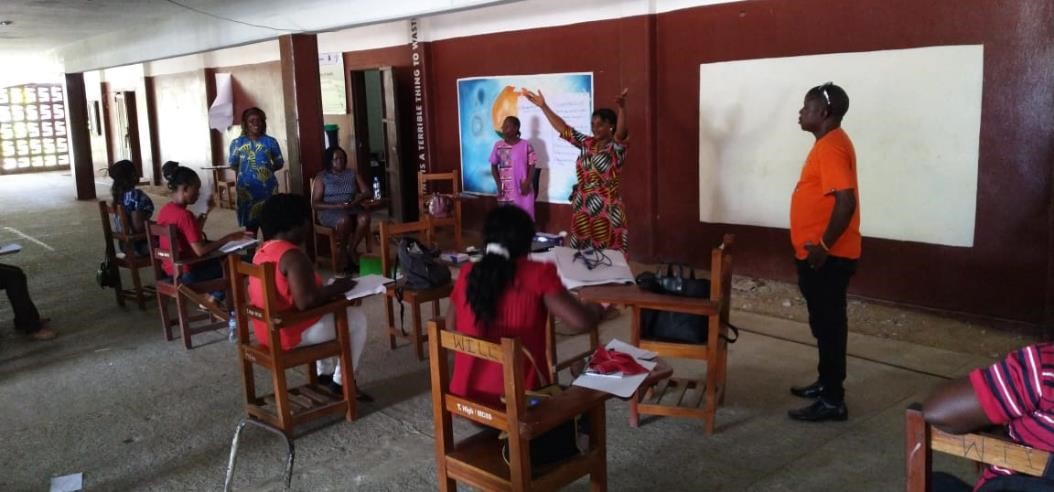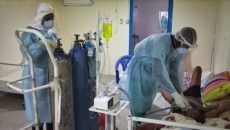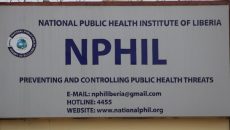MONROVIA, Montserrado – In an effort to contain the spread of the Coronavirus pandemic in Liberia, the Montserrado County Health Team has completed a three-day contact tracing training for 100 persons.
Sponsored by the Carter Center Mental Health Program, the training started on March 29 and ended on March 31. It was conducted by the Ministry of Health, the Ministry of Gender, Children and Social Protection, and Carter Center Mental Health Program. [Full Disclosure: The author is the national coordinator of the Mental Health Reporters Network of Liberia, which is supported by the Carter Center].
The trainees comprised of 60 community health assistants, 20 nurses and physician’s assistants, 14 mental health clinicians, and 6 social workers.
Dr. Yatta Sackie Wapoe, county health officer for Montserrado, said the Coronavirus pandemic prompted the county health team to reach out to the Carter Center for assistance, as the organization has been working with the county health team since the Ebola epidemic.
The Carter Center has even adopted two districts within Montserrado: Commonwealth District, which begins from ELWA Junction to as far as Louisiana; and Central Monrovia District, which begins from 72nd Boulevard Junction to Slipway Community.
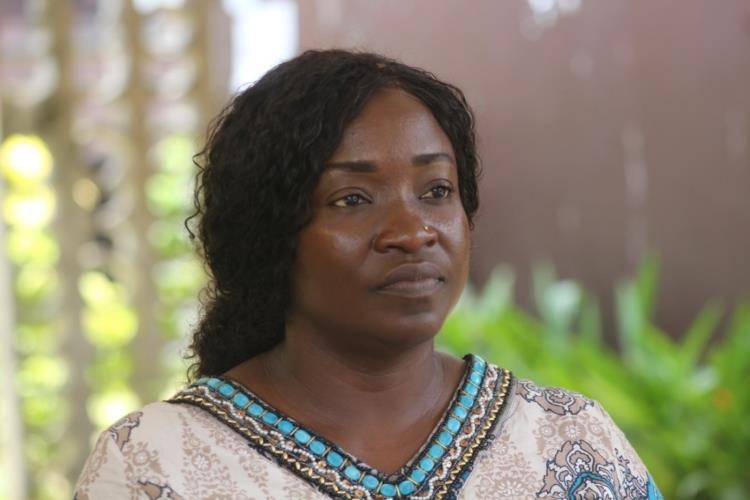
Dr. Yatta Sackie Wapoe, county health officer for Montserrado. Photo: Zeze Ballah
Wapoe said the contact tracers will work closely with the county surveillance team at the community level to “monitor low, medium, and high-risk contacts and travelers information that are available.â€
For example, if the county health team receives an alert about a suspected case, Wapoe said contact tracers would be immediately dispatched to verify the information.
“Once the contact is traced, the county health surveillance team will investigate, and depending on the risk identified, we will either move the person to isolation or [a] quarantined center or keep them in the community where they will be monitored by the contact tracers daily,†she explained.
Wapoe said a total of 40 contact tracers will be deployed by the district health team for each district. In addition, she said the contact tracers will also be provided transportation and lunch on a daily basis.
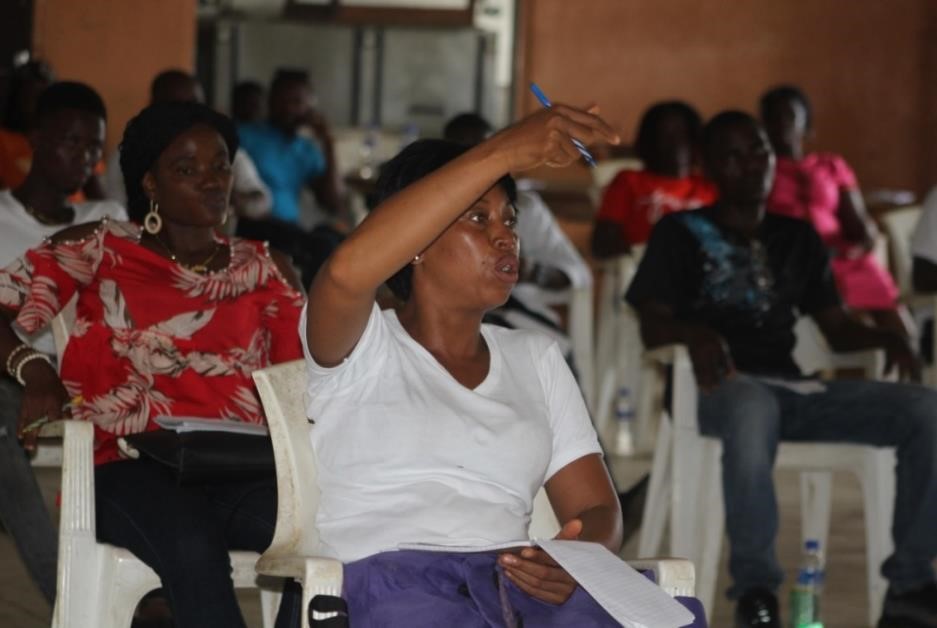
Community volunteers at the contact tracing training. Photo: Zeze Ballah
“[The] bulk of the contacts [are] in Central Monrovia and Commonwealth districts,†Wapoe said, noting that most of the terrain in the two districts are tricky and large. Among the clustered communities are West Point, New Kru Town, Point 4, Clara Town, and Paynesville’s Joe Bar.
Although the number of contact tracers is not large, Wapoe said she is optimistic that partners will continue to provide support to increase it. Additionally, she said they would be fully equipped with “thermo flash, masks, face shields, hand gloves, and recording forms.â€
Benedict Dossen, head of the Carter Center Mental Health Program in Liberia, told The Bush Chicken that a component of mental health and psychosocial support was included in the training provided to the contact tracers. Community health assistants were trained to provide psychological first aid, which Dossen called “a very useful tool for contact tracers as they work in the various communities.â€
“The training was consistent with the WHO contact tracing for COVID-19 and we have amended the mental health and psychosocial component to include psychological first aid for contact tracers,†Dossen said.
The model is similar to what was used during the Ebola outbreak, although Dossen said “the materials have been updated to reflect the current practice, lessons learned, and context.â€
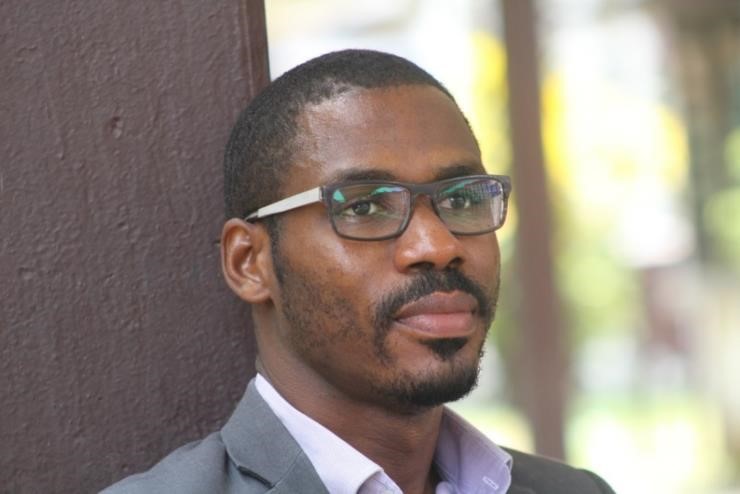
S. Benedict Dossen, head of the Carter Center Mental Health Program in Liberia. Photo: Zeze Ballah
He said in addition to focusing on the medical aspect of COVID-19, it was also important to consider the mental health and psychosocial implications of being infected and living in isolation.
He noted the stigma around COVID-19, and said suspected patients might be so afraid, they might avoid being identified or disclosing their status. In the case where a contact tracer comes across such persons, the training would enable them to appropriately deal with such cases.
“We need to continue to educate people properly to understand what the virus is, how it affects the human body, how it is transmitted, how people can prevent themselves from contracting it, and how they can support those who are infected or living in isolation,†Dossen added.
Featured photo by Dyonah Thomas
